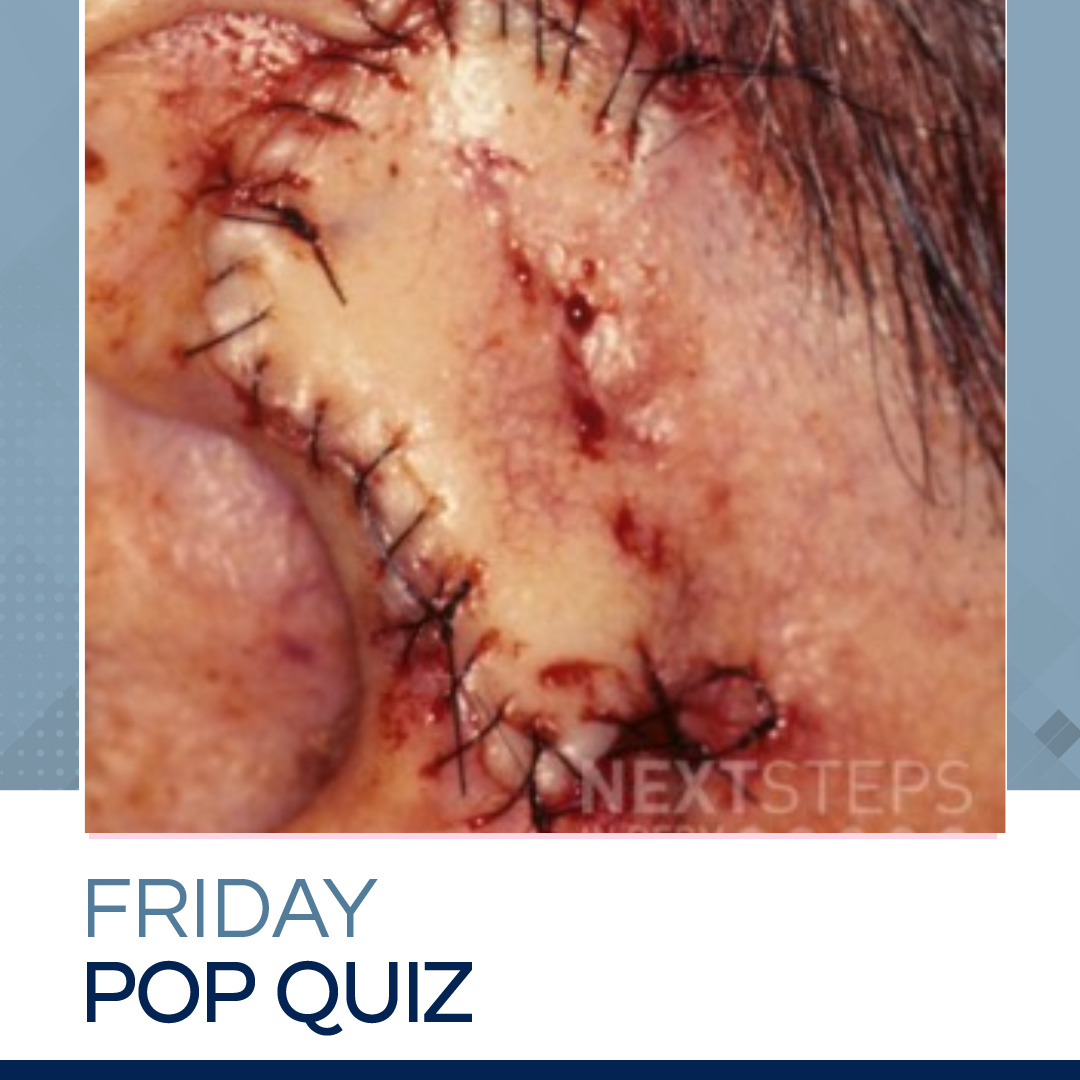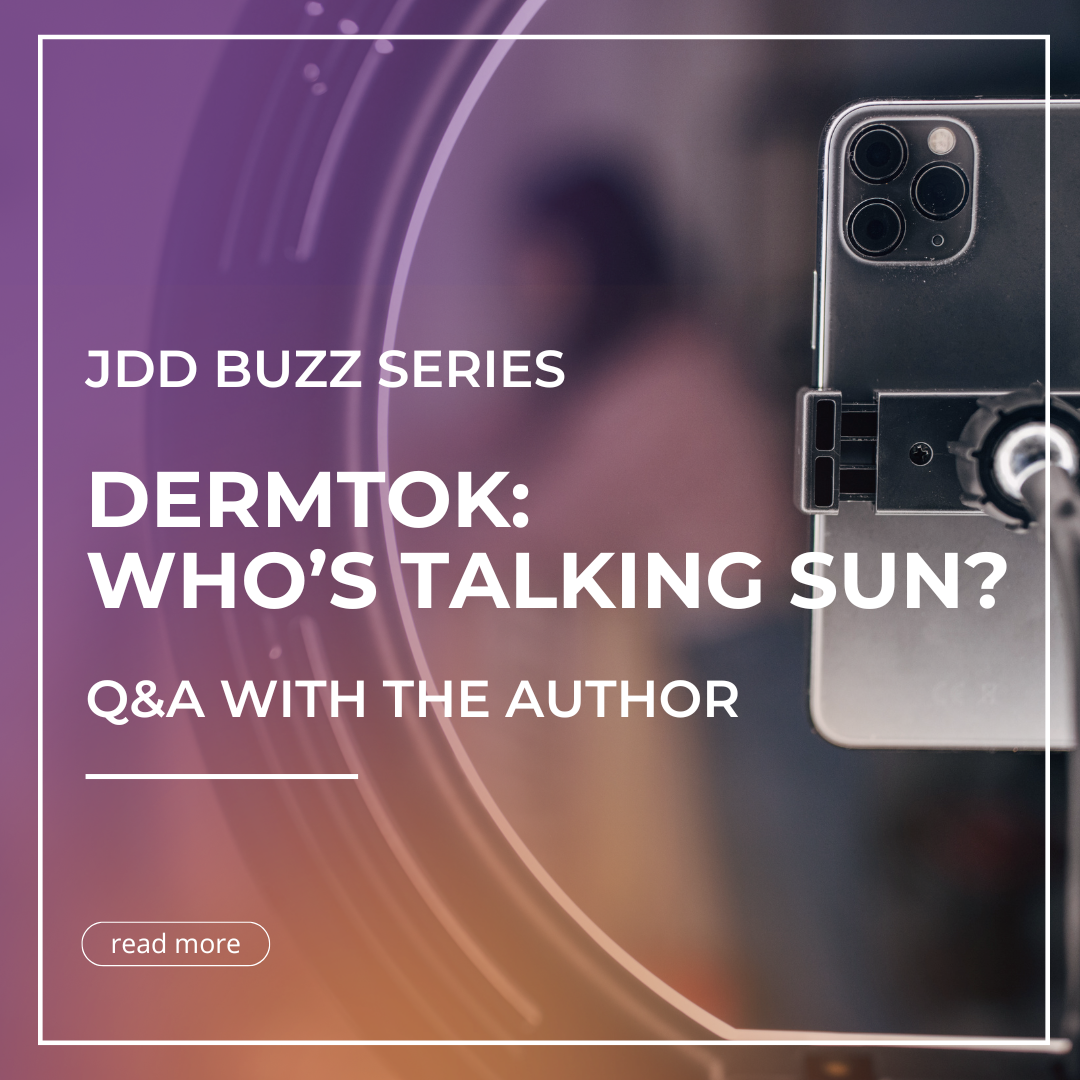Patient Buzz Series: Salmon Sperm Facials
 Beauty influencers are now recommending an unusual treatment for skin rejuvenation: salmon sperm facials. As noted in Newsweek, the treatment involves injecting polynucleotides, which are stretchy molecules taken from fish DNA. The injectable gel binds with water molecules, which firm and hydrate the skin, according to Dr. Gizem Seymenoglu, a facial aesthetics doctor in the U.K. The treatment repo …
Beauty influencers are now recommending an unusual treatment for skin rejuvenation: salmon sperm facials. As noted in Newsweek, the treatment involves injecting polynucleotides, which are stretchy molecules taken from fish DNA. The injectable gel binds with water molecules, which firm and hydrate the skin, according to Dr. Gizem Seymenoglu, a facial aesthetics doctor in the U.K. The treatment repo …
 Beauty influencers are now recommending an unusual treatment for skin rejuvenation: salmon sperm facials. As noted in Newsweek, the treatment involves injecting polynucleotides, which are stretchy molecules taken from fish DNA. The injectable gel binds with water molecules, which firm and hydrate the skin, according to Dr. Gizem Seymenoglu, a facial aesthetics doctor in the U.K. The treatment repo …
Beauty influencers are now recommending an unusual treatment for skin rejuvenation: salmon sperm facials. As noted in Newsweek, the treatment involves injecting polynucleotides, which are stretchy molecules taken from fish DNA. The injectable gel binds with water molecules, which firm and hydrate the skin, according to Dr. Gizem Seymenoglu, a facial aesthetics doctor in the U.K. The treatment repo … Continue reading "Patient Buzz Series: Salmon Sperm Facials"


 Syringomas are benign neoplasms derived from eccrine sweat glands. Eruptive syringomas are a subtype of syringomas and are typically located on the chest, neck, and abdomen during puberty or childhood. Herein, JDD authors Jennifer Wang BA, Nyousha Yousefi MD, Edward Heilman MD FAAD FCAP, and Jared Jagdeo MD MS present a 20-year-old African American female with an atypical case of eruptive syringom …
Syringomas are benign neoplasms derived from eccrine sweat glands. Eruptive syringomas are a subtype of syringomas and are typically located on the chest, neck, and abdomen during puberty or childhood. Herein, JDD authors Jennifer Wang BA, Nyousha Yousefi MD, Edward Heilman MD FAAD FCAP, and Jared Jagdeo MD MS present a 20-year-old African American female with an atypical case of eruptive syringom …  A study in the August Journal of Drugs in Dermatology addressed the burden of melasma – the populations most prone to melasma and the comorbidities associated with it. According to the study’s authors, a deeper understanding of the associations of race, ethnicity and comorbidities can help dermatologists determine which patients are at risk of developing melasma and as well as potential new pa …
A study in the August Journal of Drugs in Dermatology addressed the burden of melasma – the populations most prone to melasma and the comorbidities associated with it. According to the study’s authors, a deeper understanding of the associations of race, ethnicity and comorbidities can help dermatologists determine which patients are at risk of developing melasma and as well as potential new pa …  A 68-year-old man presents for a full-body skin examination 2 days after undergoing Mohs micrographic surgery for a squamous cell carcinoma of the left helix. The patient has a second appointment with the Mohs surgeon in 20 days. However, the patient is extremely frustrated with the appearance of his ear and wants alternative therapies for his ear. Which of the following is the most appropriat …
A 68-year-old man presents for a full-body skin examination 2 days after undergoing Mohs micrographic surgery for a squamous cell carcinoma of the left helix. The patient has a second appointment with the Mohs surgeon in 20 days. However, the patient is extremely frustrated with the appearance of his ear and wants alternative therapies for his ear. Which of the following is the most appropriat …  TikTok is a source of beauty and skin health information for the masses. Yet much of the content is not produced by board-certified dermatologists or even other healthcare professionals. So who’s creating TikTok content about sun protection and skin cancer? Does any of this content address skin of color? Those are the questions a new cross-sectional analysis published in the July Journal of Drug …
TikTok is a source of beauty and skin health information for the masses. Yet much of the content is not produced by board-certified dermatologists or even other healthcare professionals. So who’s creating TikTok content about sun protection and skin cancer? Does any of this content address skin of color? Those are the questions a new cross-sectional analysis published in the July Journal of Drug …